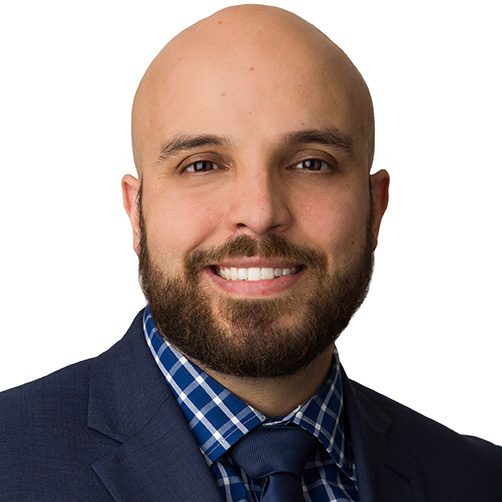How To Return To Good Health After An Injury At Work
Photo by Karolina Grabowska: 
As a worker, in any environment, it is important to know the critical safety tips and what to do if you experience an injury. You might often attain training on the safety procedures of the workplace. However, an incident that is out of your hands might result in an injury.
If so, here are the steps to ensure you return to good health after an injury at work.
Seek help from a specialized lawyer
Whenever you experience an injury, inside or outside of work, it is essential to seek help from a specialized lawyer.
Getting a specific lawyer for injured workers will ensure you attain expert help and support. Although you can seek help from any lawyer, a lawyer specializing in the field will provide a greater outcome. Their help will ensure you get the full compensation you deserve so that you can return to good health and life sooner.
As well as financial help, lawyers will ensure that you seek the best medical help for any physical injuries you attain.
See your doctor
Even if your injuries are minor and can be dealt with at home, you should still consult your doctor and let them know what happened. They can perform a full body assessment to check that you are in good health. You might not know that you have strained your neck or slipped a disc. You will later find out, but in the meantime, while you are experiencing shock, you might not notice the symptoms.
Ensure to see a healthcare professional with minor or major injuries as soon as possible. Your health will thank you for it if you can find a solution sooner.
Keep your company updated
When returning to work after an injury, your employer might not know your wants and needs if you do not update them with your recovery and progress.
For instance, you might have needed three months off because of a back strain or knee injury. If so, having no contact with them for that long could result in them not understanding what you need when you return. You might need more comfortable back support or to work shorter hours. If so, keeping them updated throughout your recovery will ensure that you can be cared for suitably when you return.
Take your time
There is no use in rushing back to work after experiencing an injury. If you rush yourself, you could worsen your injury or delay your recovery.
Therefore, take as much time as you need to heal and recover to good health. Your doctor will advise you how long to take off before returning. They will provide the documents you need to attain your earnings still. Handing these to your employer as soon as possible ensures you do not go without financial support, which you will need to live and invest in your legal bills.
Change your routine
When recovering, it is advised not to keep the same routine you had before. Although you might enjoy waking up early for a run, your health might not permit that. Or it might suffer from it in the long run. Therefore, it is important to change your routine according to your current health and needs.
If you incur a serious physical injury, take time off of exercise and keep taking the medication until you fully recover. Likewise, ensure you do not work long hours when you return if you physically and mentally cannot cope. If you change your routine and adapt it to suit your health, you will find yourself healing quicker and returning to your old self sooner.
Furthermore, let your employer know if you want to return to work sooner but know you cannot fulfill five days a week and 9 hours a day. You might need support and documents from your doctor to still receive your full payment. Returning can benefit your mental health as it allows you to distract your mind and socialize. However, be cautious about how long you work and how many days you go into the office. Reducing your time can help you enhance your mental health while still aiding your recovery.
Every employer should be comfortable with your reduction of hours. As long as you still commit to some tasks, you are helping them (more so than taking every day off). Therefore, ask them when you are ready to go back and come to an agreement that suits you so that you can enjoy your work and recover effectively.
Originally Published on https://www.breakfastleadership.com/



























Already a Member? Login Here.
Not Yet a Member? Join the Conversation Today!